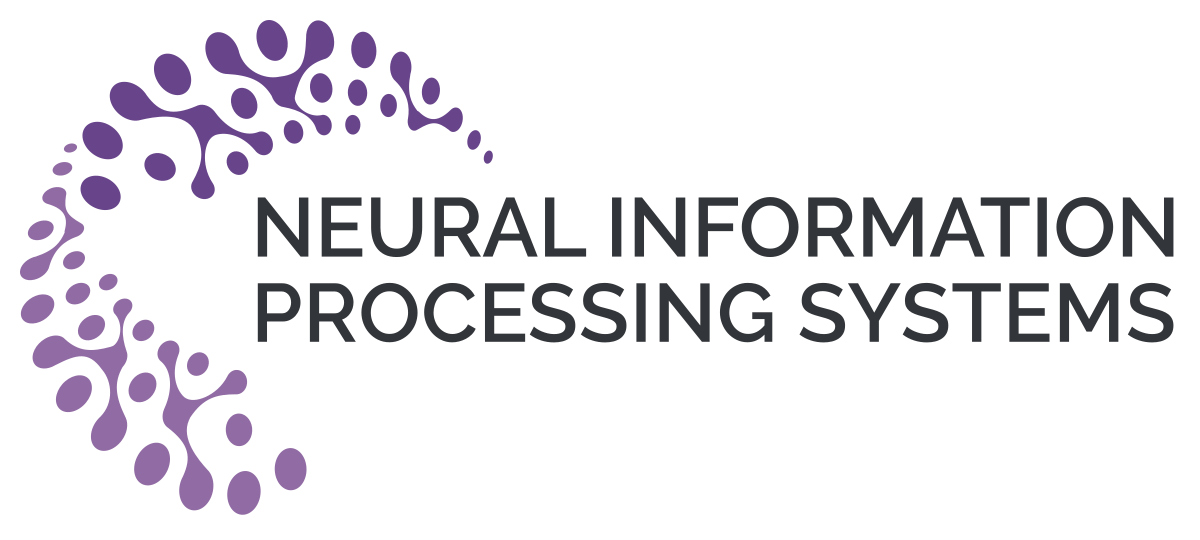Abstract:
Understanding the behavior of no-regret dynamics in general N-player games is
a fundamental question in online learning and game theory. A folk result in the
field states that, in finite games, the empirical frequency of play under no-regret
learning converges to the game’s set of coarse correlated equilibria. By contrast,
our understanding of how the day-to-day behavior of the dynamics correlates to the game’s Nash equilibria is much more limited, and only partial results are known
for certain classes of games (such as zero-sum or congestion games). In this paper, we study the dynamics of follow the regularized leader (FTRL), arguably the most well-studied class of no-regret dynamics, and we establish a sweeping negative result showing that the notion of mixed Nash equilibrium is antithetical to no-regret learning. Specifically, we show that any Nash equilibrium which is not strict (in that every player has a unique best response) cannot be stable and attracting under the dynamics of FTRL. This result has significant implications for predicting the outcome of a learning process as it shows unequivocally that only strict (and hence, pure) Nash equilibria can emerge as stable limit points thereof.

